Royal Society of Chemistry’s Emerging Technologies Competition 2021 reveals winners
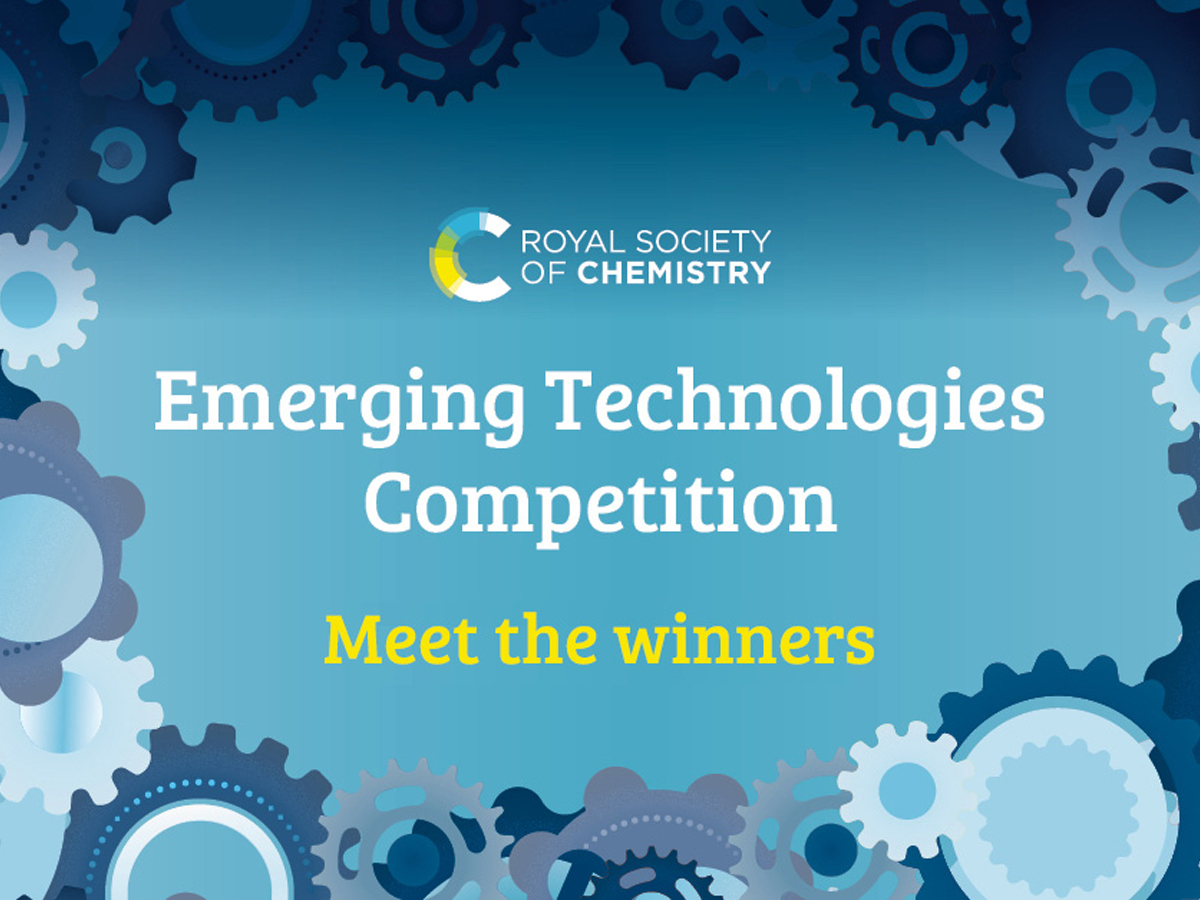
Four burgeoning tech innovators have been crowned the winners of the Royal Society of Chemistry’s Emerging Technologies Competition 2021, collecting the prize across four industry categories.
The ninth edition of the competition’s final, held over two days, saw 24 finalists pitching to an internationally-renowned panel of judges from some of the world’s largest and most successful organisations, including AstraZeneca, PepsiCo and Unilever. The winners gain a share of no-strings funding and support to accelerate their work and bring cutting-edge science to the real world for the benefit of society.
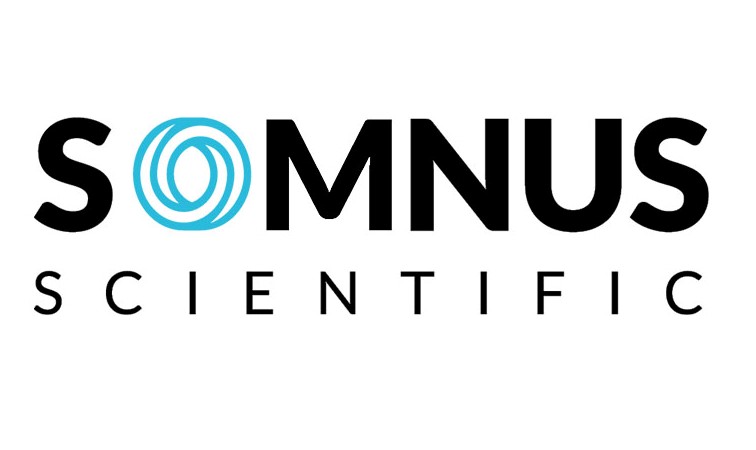
Somnus Scientific
Point-of-care blood propofol measurement for sedated and anaesthetised patients
Somnus has been established to fulfil a recognised unmet need in global healthcare and is utilising its novel state-of-the-art biosensor technology to develop innovative point-of-care intermittent and continuous sedation and anaesthesia monitoring devices. They will make propofol-based sedation and anaesthesia safer for patients and more cost effective for healthcare.
Health category judge William Goundry, from AstraZeneca, said: "As a judging panel we were extremely impressed by the quality of all of the finalists. There was some fantastic science on display, and it was a very tough deciding, but the judges were unanimous in their decision for the winner.
"The underlying science was clearly communicated through the pitch and it was exciting to see how this technology could impact many patients lives. The responses to the judges questions were well thought through, explaining how the technology would be further developed. Congratulations Somnus, we look forward to seeing how this emerging technology develops!
Tim Craft from Somnus Scientific said: "I’m astonished and lost for words, but I’m absolutely delighted. It’s a fantastic result for us not least because of the validation for winning the award so thank you very much.
"We’re really keen to do some work with our end users so that we know that we’re designing devices that are completely fit for purpose. So we want to get a really big group of end users together, facilitated so they don’t give us answers that they think we want to hear, and hone down on making sure our products completely fit for purpose. And then of course, the opportunity to network, be in contact with and mentored by some real experts in the industry is just fantastic – I’m over the moon.
What does the recognition of winning mean for your company?
"Being a bit naive to fundraising, the thing I hadn’t appreciated is just how important potential investors see an award like this. So the fact that we’ve won this award will make it so much easier for our next round of fundraising as we’ll be seen as being validated by the RSC and by the external judges- so I think it’s only going to dawn on us over the next few weeks just how beneficial it’s going to be."
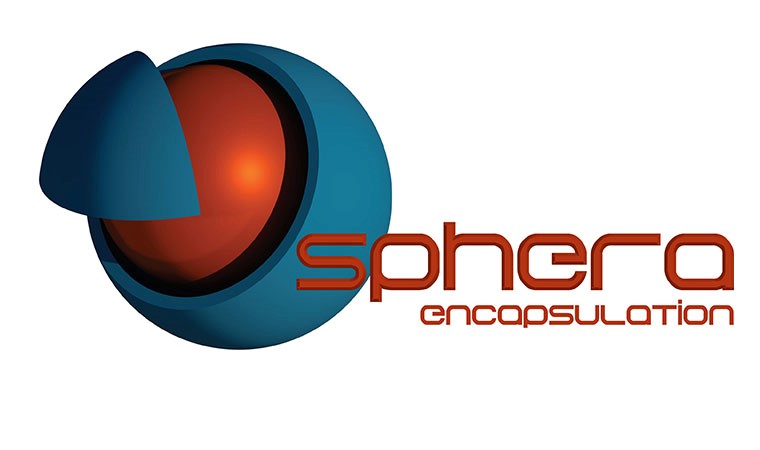
Sphera Encapsulation
Multi-layered particles for turning lipophilic substances in water-soluble powders
SpherAQ are high-quality encapsulates, totally soluble in water, that can be consumed without the addition of any flavors or aromas - a cutting-edge technology developed by Sphera Encapsulation in order to overcome the major challenges related to the intake of bioactive lipophilic ingredients, such as oils.
Food & Drink category judge Julia Dimakou, from PA Consulting, said: "This year, it was particularly difficult to choose the winner because all the competitors had demonstrated very strong capabilities across cutting edge technologies.
"Sphera’s technology is versatile and can potentially reach a broad range of applications which is exciting for the future of these types of encapsulated active ingredient solutions across many industries.
"We found that Sphera’s presentation was the most compelling and the evidence that the technology is working was very clear. The IP position, the efficacy of the solutions in the human body, the competitor’s disadvantages and the commercial possibilities were addressed in a realistic manner."
Martina Vakarelova, from Sphera Encapsulation, said: "Thank you so much, this means the world to us. And above all, thank you for all the nice things you said about us because we put so much effort into our presentation and our technology. It feels fantastic and thank you so much for all the feedback.
What does the recognition of winning mean for your company?
"It means a lot when it comes to investment and when it comes to potential clients. The recognition from the Royal Society of Chemistry gives us credibility especially when searching for new clients and investment.
"We would like to develop our own products so we will invest the money in adding another person to the laboratory who will be dedicated to working on our internal research – the money will really help us in our development."
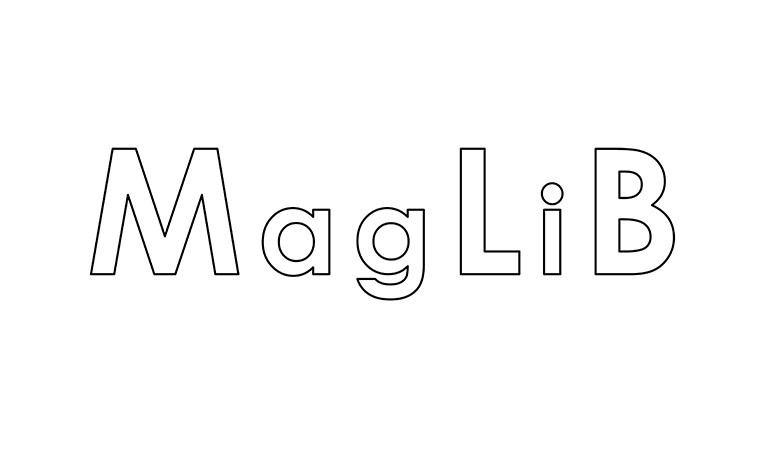
MagLib – UCL
Magneto-electrochemistry for fast-charging lithium-ion batteries
The MagLiB patent-protected technology employs bespoke magnetic fields to enhance the performance of lithium-ion batteries. They have scaled from smart-watches, to mobile phones, and now towards electric vehicles. Testing has demonstrated charging time reductions of up to 67 %, a substantial improvement that will aid the transition to low-carbon technologies.
Energy & Environment category judge: Jason Harcup, from Unilever, said: "This macroscale opportunity is hugely compelling and the solution cuts across chemistry and physics in a really original and fresh way. Our domain expert on the judging panel was particularly impressed with the quality of the science and technology that has gone into the solution, which gave us huge confidence.
"It’s a truly innovative technology to fast charge such batteries and we felt it’s truly emerging, and therefore this prize could have a very high impact, and could allow the team to grow rapidly in line with the maturation of their market.
"Notable strengths were in the risk mitigation strategy and the very considered way that networking and partnering had been targeted to ensure the innovation could advance.
Thomas Heenan, from MagLib/University College London, said: “I’m over the moon. It’s unexpected, as we were up against some really tough competition. This win will accelerate our transition out of the university environment into industry, and the funds will enable us to embark on partner projects including prototypes and pilot lines.
"The recognition from the Royal Society of Chemistry will be a key enabler in attracting additional funding and getting up and running with the partnerships that we want to establish. We know what we do works, but to know that other people are interested in it too, and to go through the shortlisting stage and the panel – you can’t quantify it!”
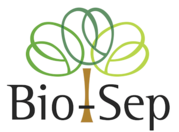
Bio-Sep Limited
Ultrasonic conversion of lignocellulosic biomass to high value chemicals
Bio-Sep Limited’s technology (BioSep+) converts lignocellulosic biomasses efficiently, cleanly and economically into cellulose, sugars and lignin. They use recoverable solvents which demands less energy by employing ultrasound to break the chemical bonds, producing quality separated products for use as platform chemicals in a wide range of industrial and domestic applications.
Enabling Technologies judge Jo Slota-Newson, from IQ Capital, said: "We had a very strong and diverse group of finalists from machine-learning to enzyme technologies, and as a group of judges we thoroughly enjoyed meeting all of the finalists.
"Bio-Sep's technology aims to solve a critical global challenge, namely the need for renewable carbon sources, and it looks to do this by making efficient use of an abundant waste stream. The judges were impressed with the breadth and depth of capabilities in the interdisciplinary team and, while the technology has a significant development path ahead, the team demonstrated a thoughtful approach that focused on the critical elements of scale-up. So we very much looking forward to seeing their progress from here on.
Andy West, from Bio-Sep, said: "Thank you so much, that is fantastic! The quality of the group we were in was fantastic – we’ve learned about things we knew nothing about before and got really excited about their technologies. So, it’s really brilliant to be picked [as a winner]
"For a small company to get this level of recognition from an organisation like the Royal Society of Chemistry and all of the judges involved is amazing, and the difference it will make is huge. Just that recognition that we’re making a difference or trying to make a difference is really really good, and the external validation will be brilliant for us.
"We’re in this take-up stage where we are really trying to push to get our technology on the market and one of the things we’re missing – which this win will really help with – is that validation of the products that we make, so we can now get a lot of external validation which would have previously been a big challenge for us – and that, again, will be a game changer for us."